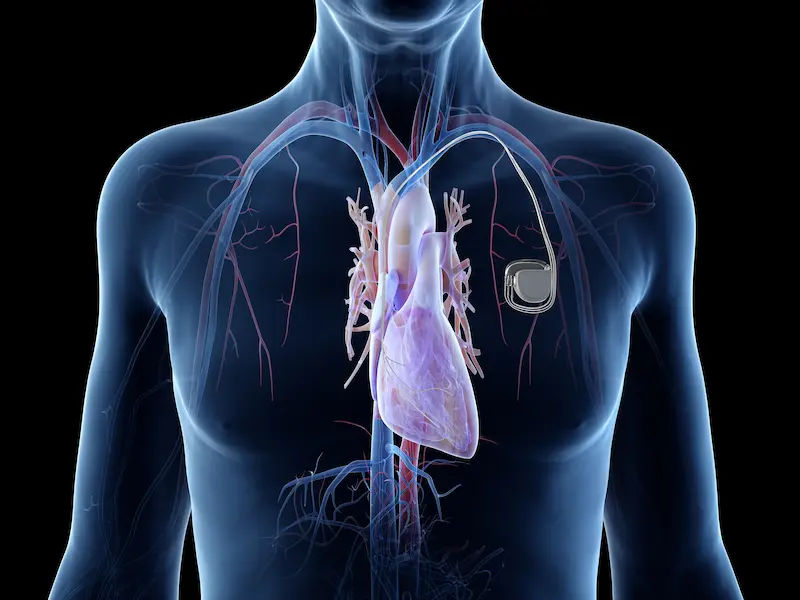- male
- 35 Years
- 22/01/2025
I recently went through a treadmill test (TMT) around mid-April, and just a few days after, I found out I had COVID. I got better by the end of April, but ever since, I've noticed that my heart races, especially when I'm doing things like climbing stairs. I went to a cardiologist, and both my ECG and echo tests looked fine, and he mentioned it might be anxiety. But, while my heartbeat is mostly normal now when I'm resting, I do notice a slight chest pain when I walk for more than 20-25 minutes. I'm curious, should I consider doing another TMT? And I'm really wondering, could having COVID possibly lead to plaque build-up in my arteries, even if the first TMT showed everything was fine? Any advice would be great.
Answered by 1 Apollo Doctors
It is unlikely that COVID infection would cause plaque in the arteries directly. However, COVID-19 can lead to inflammation in the body which may indirectly affect the heart and blood vessels. Since your previous TMT was fine, it may not be necessary to repeat it unless your symptoms worsen or persist. The chest pain you are experiencing while walking could be due to various reasons, including muscular pain or anxiety-related issues. To alleviate your symptoms, you can try medications like Ranitidine for acid reflux and Paracetamol for chest pain. If the symptoms persist, it is advisable to consult with your doctor for further evaluation and management.
Dr. Dr Khaleel Suggests...
Consult a Cardiologist
Answered 25/07/2025
0
0

More Cardiology Health Queries
View allI've been noticing my heart beats more often than usual for the past few years, but I haven't been too worried about it. Lately though, I've started having a minor pain on the right side of my chest for the last three weeks. I haven't seen a doctor about it yet. What should I do?
yes u can use it, visit ur physician for apprpropriate managent
Answered by 1 Apollo Doctors
I'm a 39-year-old guy dealing with high blood pressure, and I've been on telmisartan 40 mg for like five years. Just recently, I found out I have Grade 1 Left Ventricular Hypertrophy. I don't have diabetes but my cholesterol is on the higher side, and I'm taking medication for anxiety too. I'm really stressed about this LVH diagnosis and can't help but wonder about my life expectancy with it. Is this something that's going to affect me in just the next couple of years? I'm from Australia and my appointment with the cardiologist is still two months away, so any insight before then would mean a lot to me.
Visit your Physician for appropriate management
Answered by 1 Apollo Doctors
I experienced a sudden jerk in the left side of my chest while I was sleeping at night. My ECG came back normal. What should I do next?
It is possible that the sudden jerk in your left side chest could be due to muscle spasm or a benign condition. However, if you continue to experience this sensation or if it is associated with other symptoms such as chest pain, shortness of breath, or dizziness, it is important to follow up with your healthcare provider for a thorough evaluation. In the meantime, you can consider taking a muscle relaxant like Flexeril (cyclobenzaprine) 5-10mg as needed for muscle spasm.
Answered by 1 Apollo Doctors
Disclaimer: Answers on Apollo 247 are not intended to replace your doctor advice. Always seek help of a professional doctor in case of an medical emergency or ailment.



.webp)
